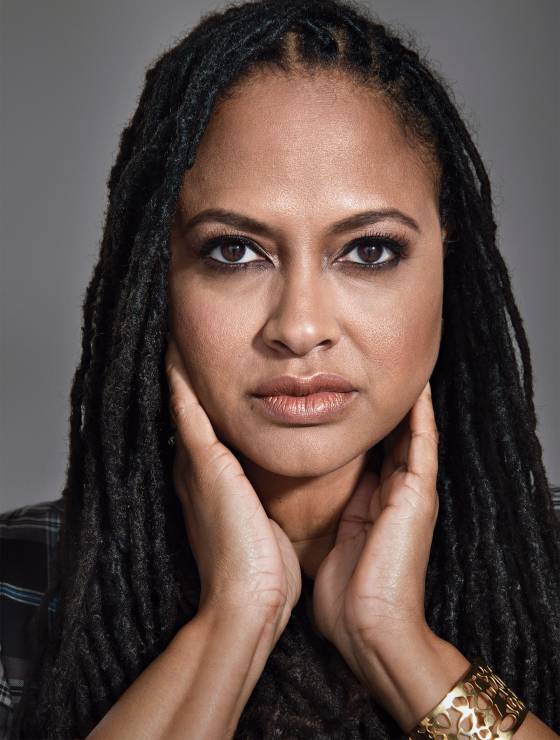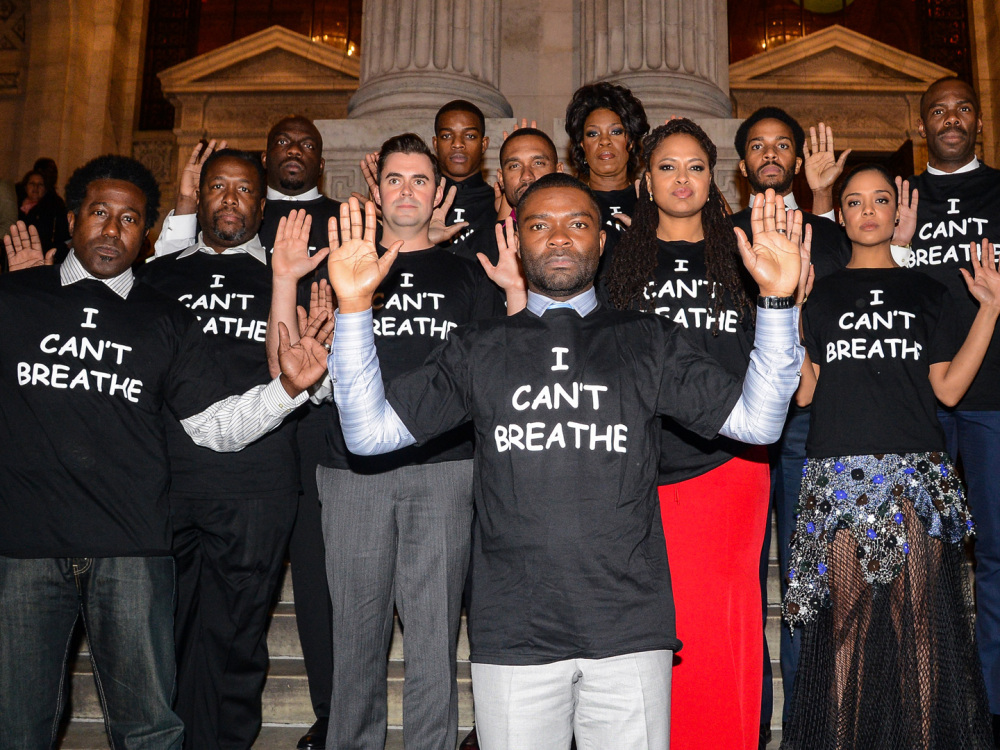 Within minutes of the announcement of the Academy Award nominations January 15, the hashtag #OscarsSoWhite began to sweep social media. It was an understandable response: For only the second time in nearly twenty years, no person of color was nominated in either a performance or director category. (No woman was nominated in either the screenwriter or director category, either.) In a year in which racial inequities have seized the nation, the exclusions were especially tone-deaf.
Within minutes of the announcement of the Academy Award nominations January 15, the hashtag #OscarsSoWhite began to sweep social media. It was an understandable response: For only the second time in nearly twenty years, no person of color was nominated in either a performance or director category. (No woman was nominated in either the screenwriter or director category, either.) In a year in which racial inequities have seized the nation, the exclusions were especially tone-deaf.
For many, this is a sad confirmation of how unreflective the Academy of Motion Picture Arts and Science, the voting body of the Academy Awards, is of the United States overall. “The Academy is about ninety percent white and seventy percent male and we’re seeing the sad result of that in voting,” said Tom O’Neil, founder of awards tracker site Gold Derby.
“On one hand, it’s not surprising … The Academy Awards have been historically whitewashed and male-dominated. On the other … as a beautifully crafted period piece about real-life events, ‘Selma’ feels like prime Oscar bait,” said Bust’s Holly Trantham.
Indeed, the most glaring omissions were connected to the critically lauded biopic about Martin Luther King Jr. David Oyelowo failed to receive a nomination for his portrayal of the late civil rights leader, and director Ava DuVernay did not receive a nod either, though the film itself was nominated for best picture. Earlier in this awards season, DuVernay was the first African American woman to receive a Golden Globes nomination for best director. She would have been the first African American woman to have been nominated in the Oscar’s best director category.
As added insult to injury, director Bennett Miller was nominated though his film “Foxcatcher” was not – an unorthodox move on the part of Academy.
Although “Selma” may have been hurt by its allegedly false portrayal of President Lyndon Johnson’s stand on voting rights, other historically inaccurate biopics, including “The Imitation Game” and “American Sniper,” were not subjected to the same level of scrutiny.
It’s been suggested that some Academy members felt they’d done their duty by giving three awards (and nine overall nominations) to last year’s “12 Years a Slave, ” about a free African American man who was kidnapped and sold into slavery. Said CNN’s Gene Seymour: “Movie history has many films with black slaves and black victims. It’s much harder to think of a Hollywood movie in which African Americans are depicted as the active agents of their own salvation. Selma’s relative dearth of worthy nominations is viewed, fairly or not, as a collective snub of not just a movie, but of African Americans’ vision of their own empowerment.”
In response to the outrage about the lack of diversity in this year’s Oscar nominations, Cheryl Boone Isaacs, the Academy’s first black president, told the Associated Press that “steps are being taken.”
“In the last two years, we’ve made greater strides than we ever have in the past toward becoming a more diverse and inclusive organization through admitting new members and more inclusive classes of members,” she said. “Personally, I look forward to a greater cultural diversity among all our nominees in all of our categories.”
Her words were the very definition of cold comfort to some.
This was originally published in Word and Film.
